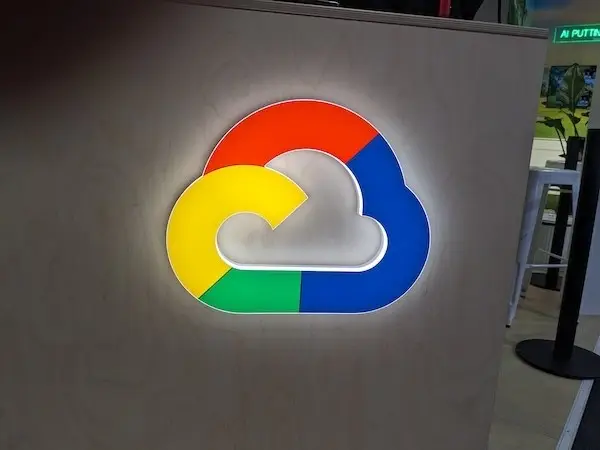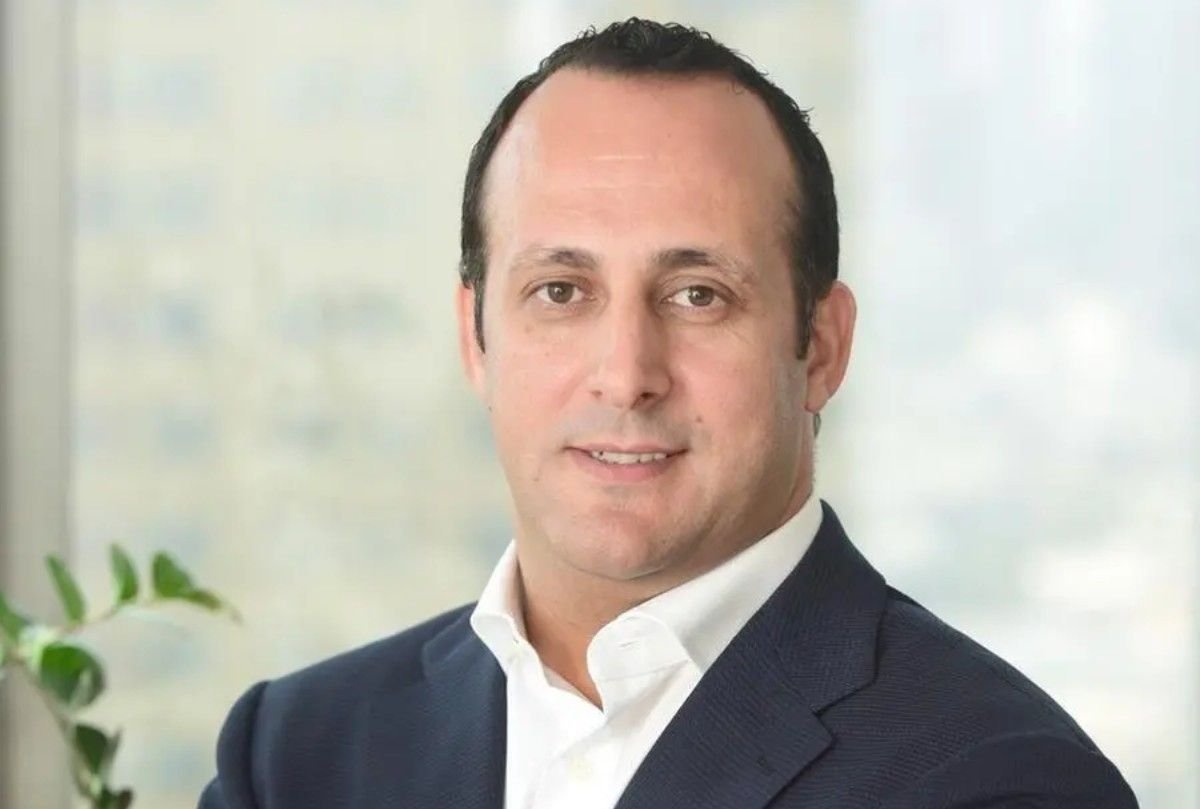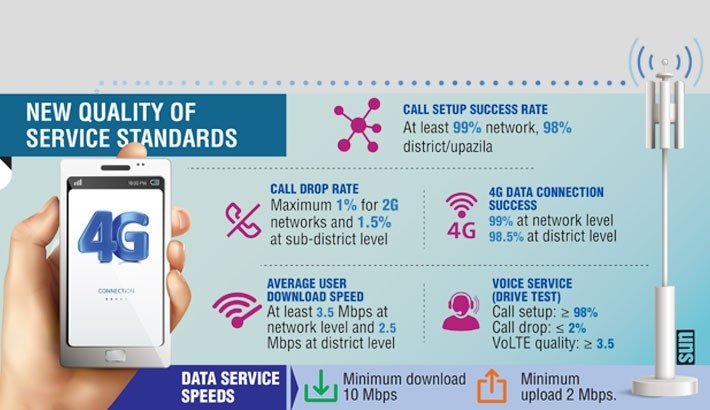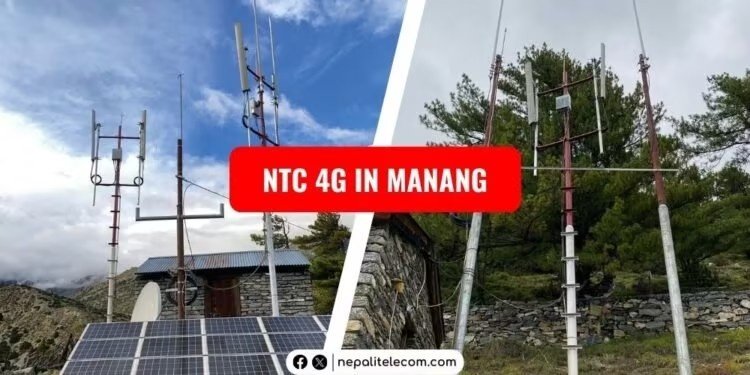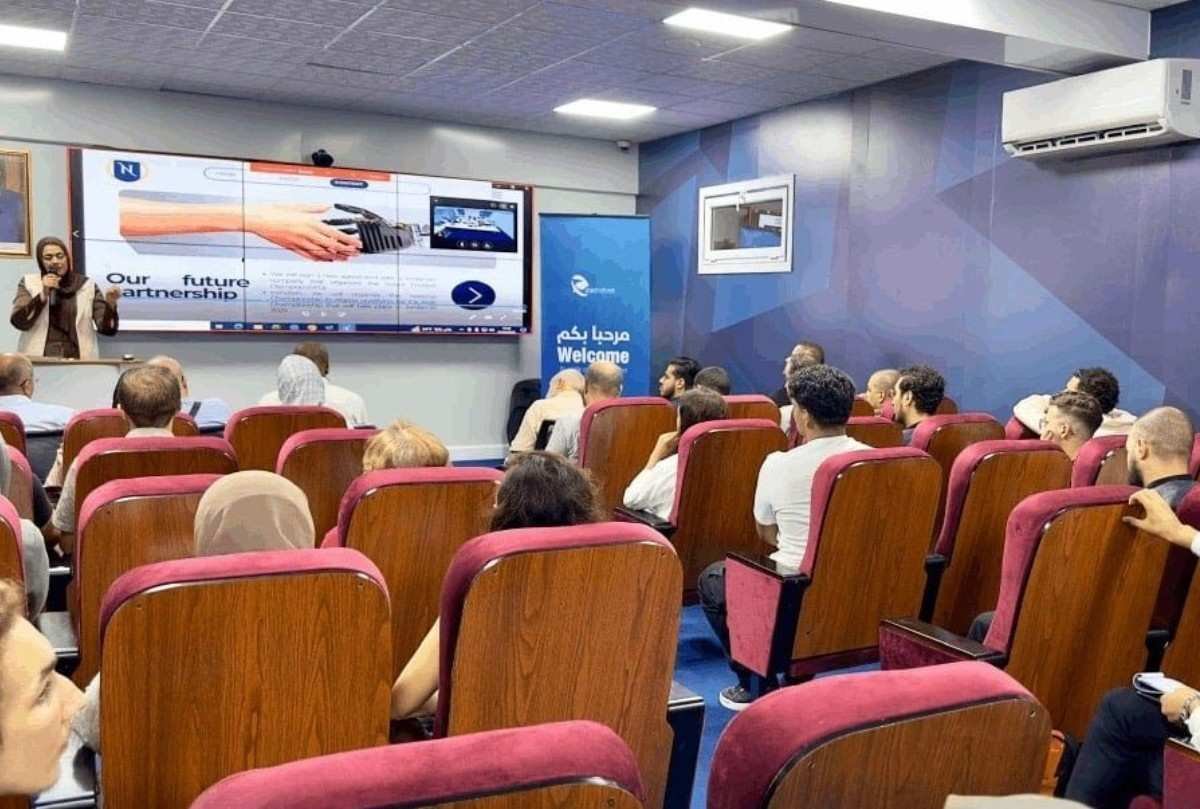Google has unveiled plans to establish four new subsea cable connectivity hubs across Africa, marking another major investment in the continent’s digital infrastructure. The hubs will be located in the north, south, east, and west regions, though exact sites have not been disclosed.
James Manyika, Google’s SVP for Research, Labs, Technology and Society, announced the initiative as part of the Africa Connect program. The project will expand digital corridors within Africa and link the continent more closely with the rest of the world. It follows Google’s earlier commitment of over US$1 billion in Africa by 2026, a pledge the company says it has already exceeded.
The hubs will be connected to Google’s Equiano subsea cable and the upcoming Umoja system. Equiano is already live, while Umoja – expected in 2027 – will link Australia to Africa via South Africa, with a terrestrial route connecting South Africa to Kenya through Uganda, Rwanda, DRC, Zambia, and Zimbabwe. Together, these systems complement Google’s Africa Connect initiatives, including its cloud region in Johannesburg.
According to Google Africa MD Alex Okosi, the hubs – featuring infrastructure such as landing stations and data centres – are set for completion within the next three years. Manyika noted that they will provide the foundation for Africa’s AI growth, supporting research and digital transformation.
To strengthen capacity, Google has trained 7 million Africans to date and aims to train 3 million more by 2030. It has also committed over US$17 million in AI funding and resources to African universities and research institutions over the past four years, with a further US$9 million planned.
As part of the initiative, Google will soon roll out a free one-year subscription to Google AI Pro for students in Egypt, Ghana, Kenya, Morocco, Nigeria, Rwanda, South Africa, and Zimbabwe, equipping them with advanced AI tools for coding, research, and content creation.











